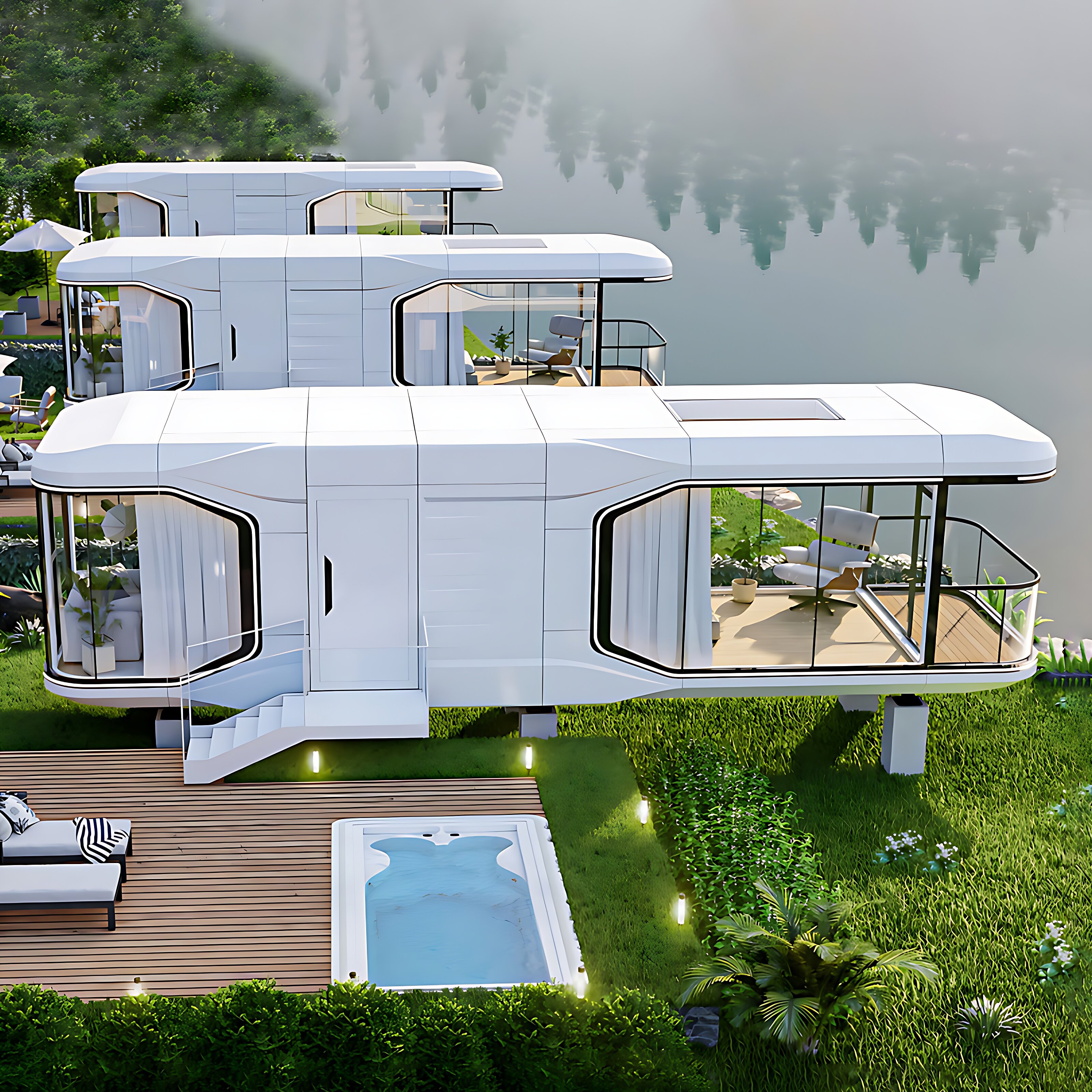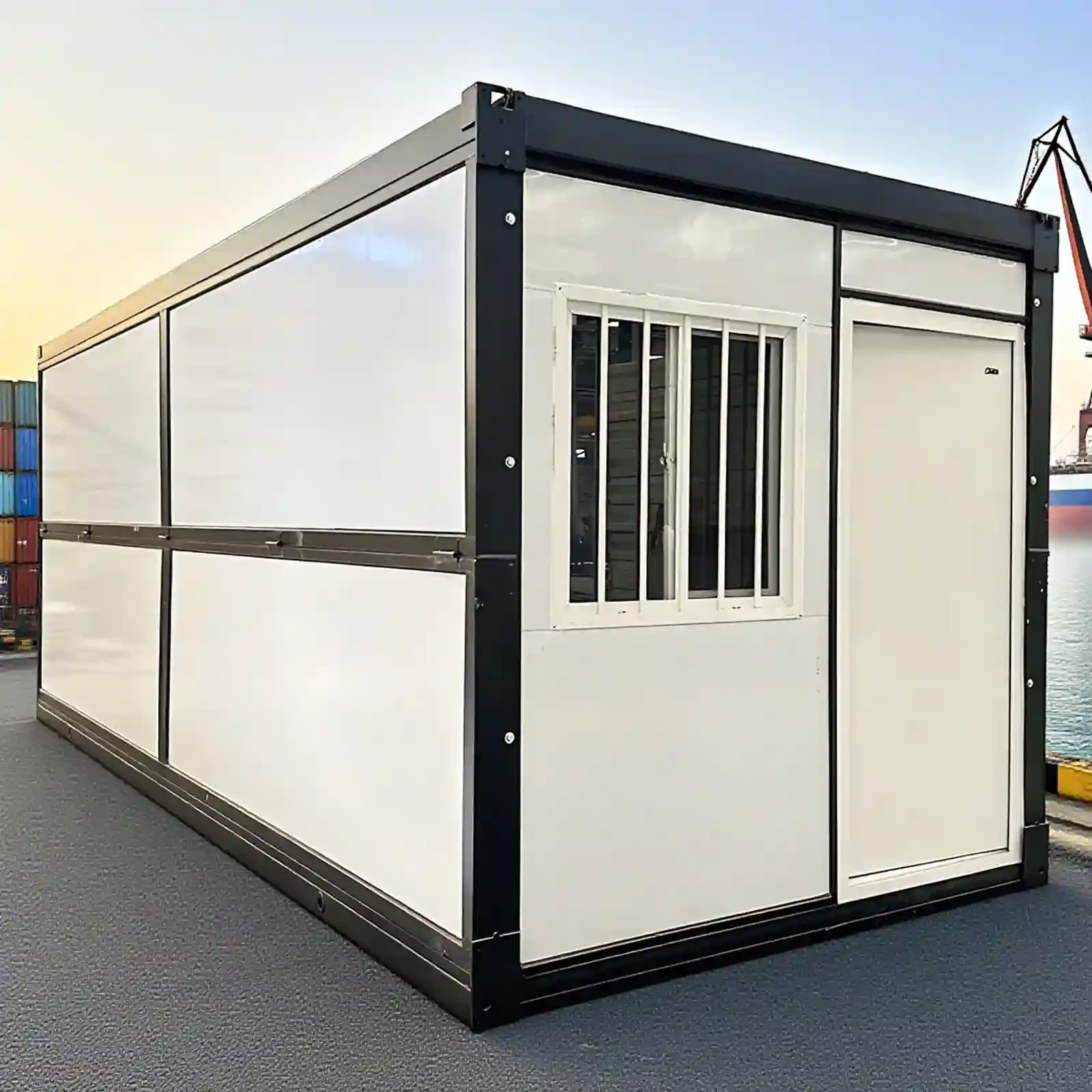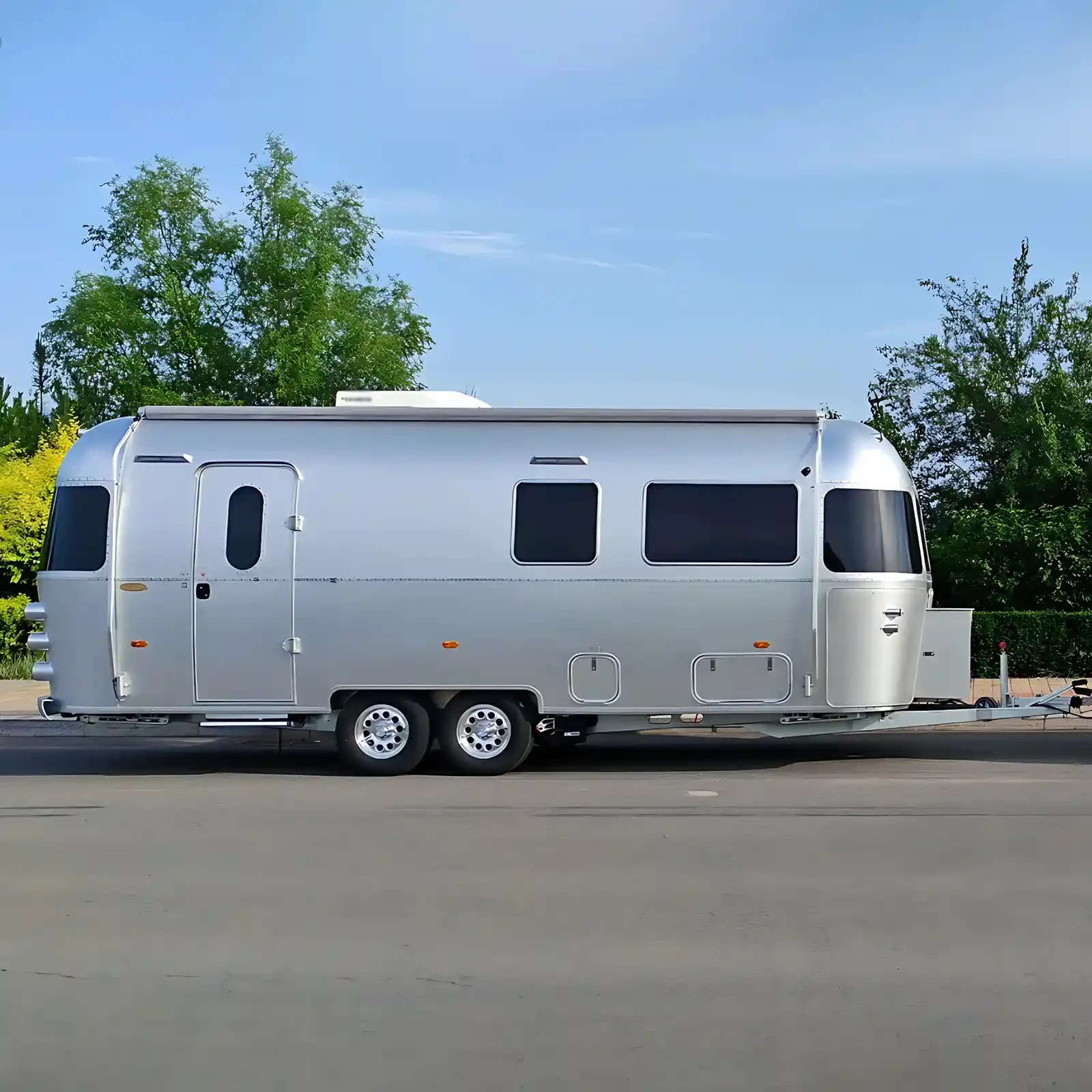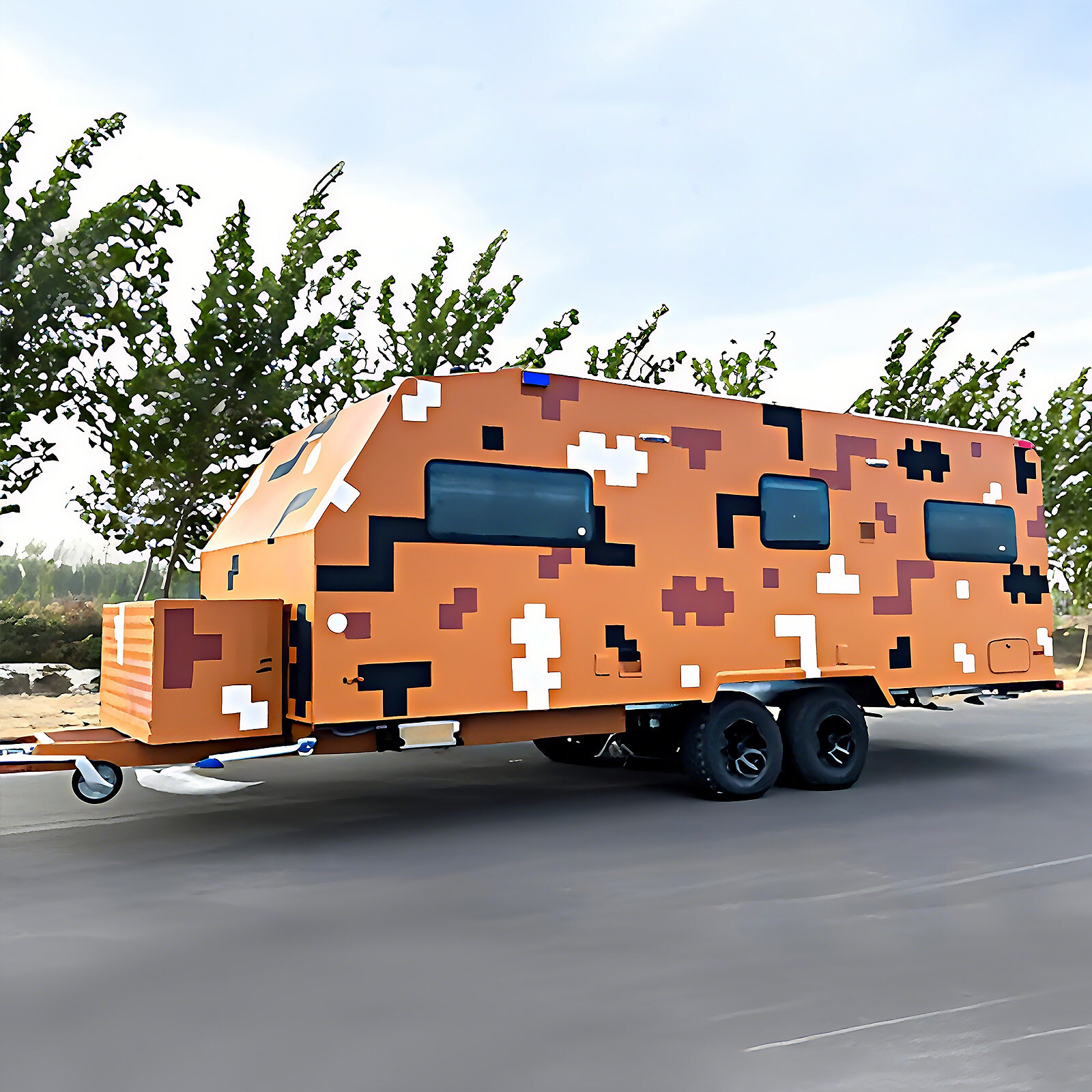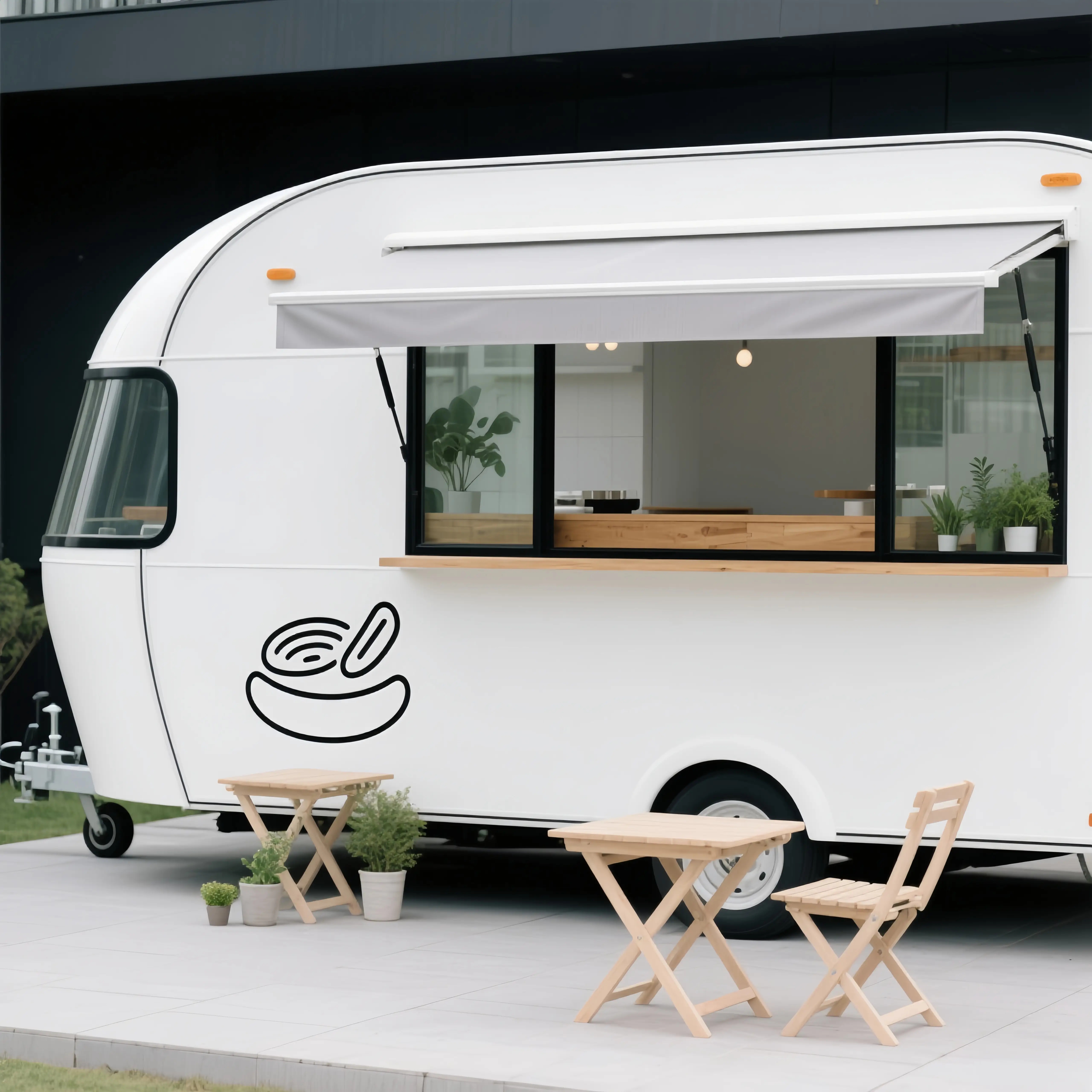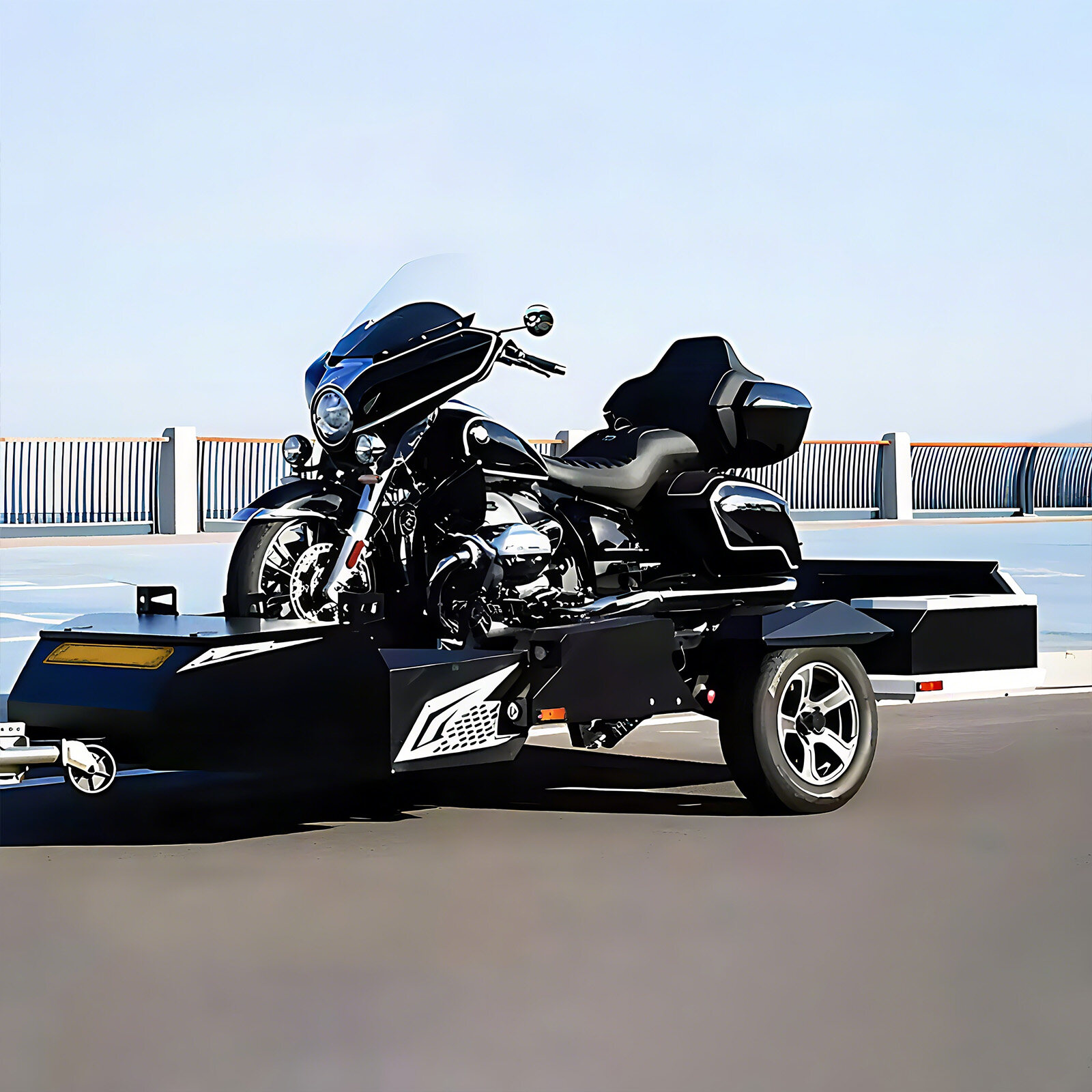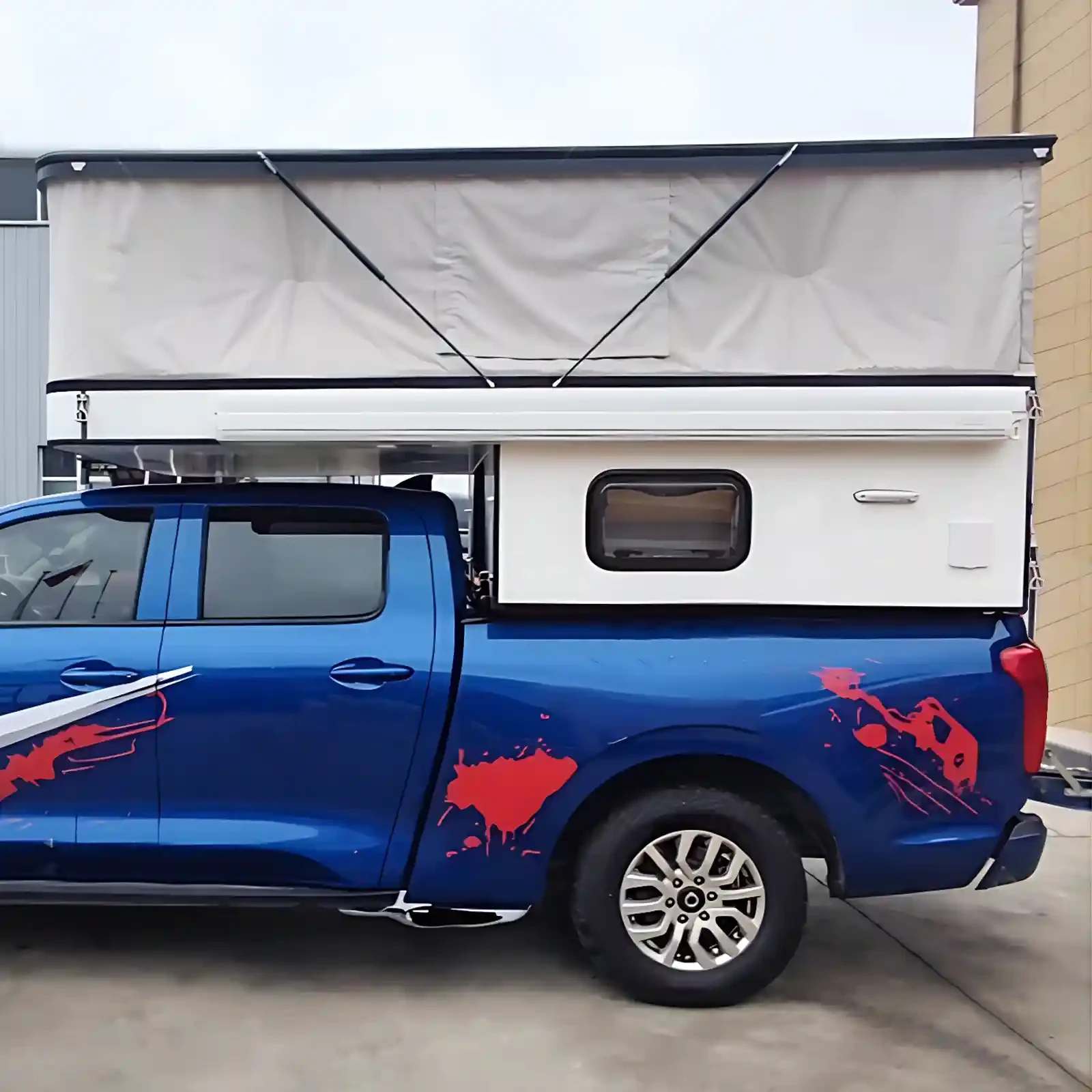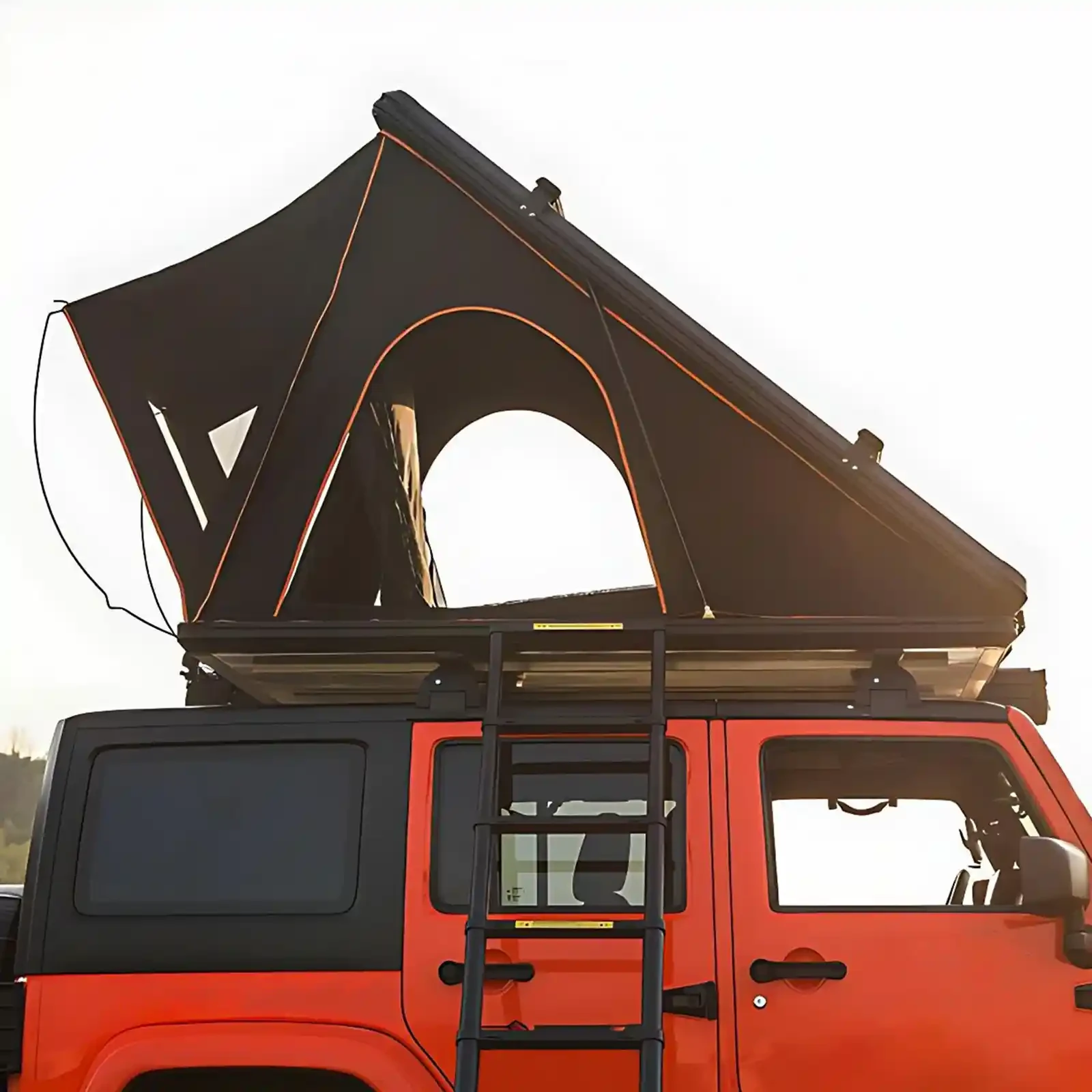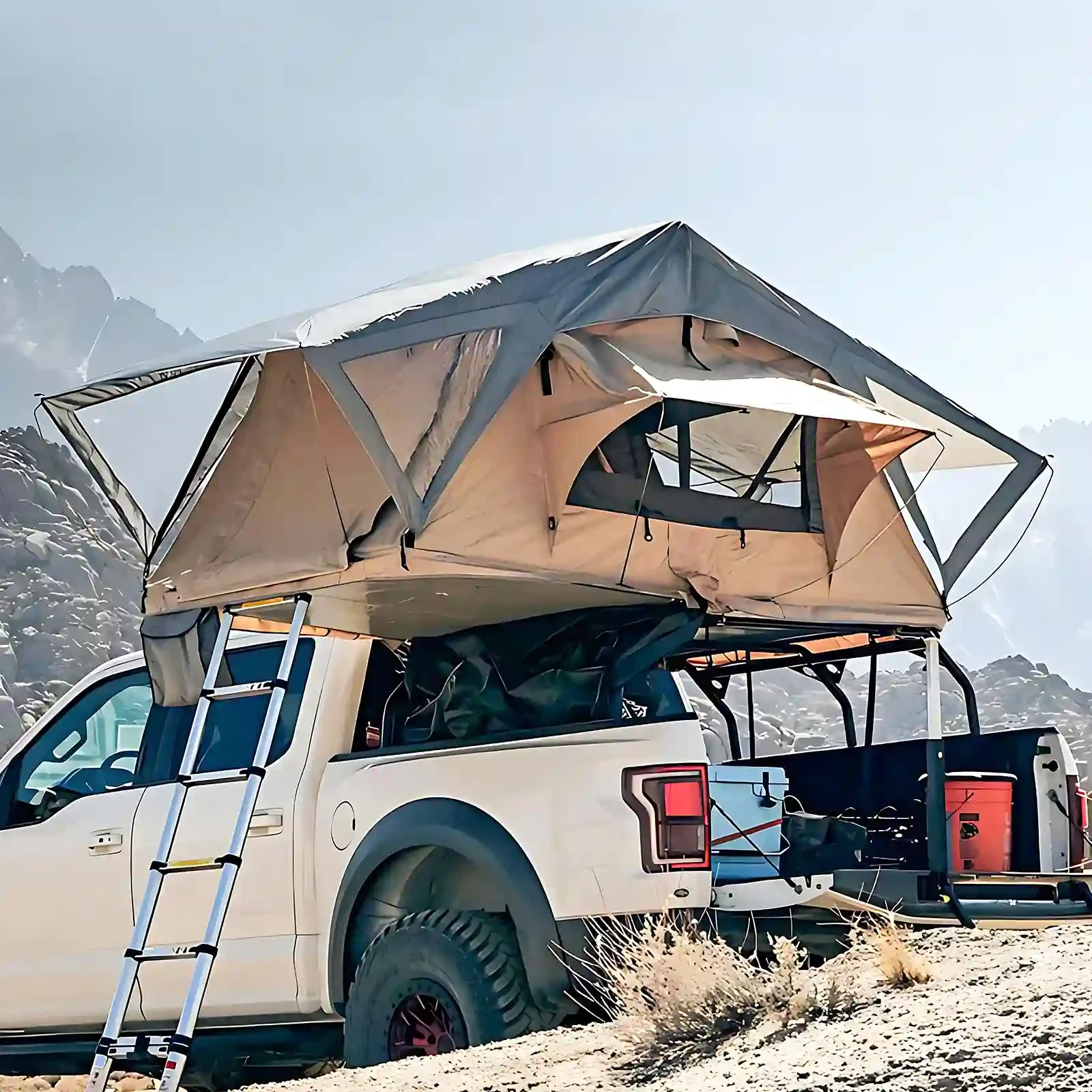I've been seeing a lot of space capsule mobile home content on social media lately. With their panoramic glass windows and streamlined exteriors, they certainly look like something out of a sci-fi film. But as someone who prefers to analyze things rationally, I'm more concerned about whether these "mobile castles" are just a waste of money. Is their advanced technology practical? What's the actual living experience like? Who is suitable for them? Today, let's discuss this futuristic new living option, starting with real-world scenarios.
First, let's look at the most intuitive design highlights. The core appeal of space capsule mobile homes lies in "immersive living." The panoramic glass curtain walls are no gimmick. In real-world experience, whether it's the expansive views from a mountaintop sunrise or the unobstructed views from the beach, they're far superior to those of regular RVs or tents. Furthermore, this design is ingenious: it allows for natural light during the day, reducing lighting energy consumption, and at night, you can gaze at the stars from the comfort of your bed—a true necessity for camping enthusiasts.
Now, let's discuss the practicality that everyone cares about. The "intelligently controlled power supply" mentioned in the promotional materials essentially integrates solar panels and an energy storage system. In the wild, without an external power source, it can basically meet the power needs of lighting, charging mobile phones, and small appliances. However, for extended use of the air conditioner or electric water heater, an external power source or large-capacity batteries are still required. The environmentally friendly materials are commendable. The lightweight alloy used for the exterior is corrosion-resistant and reduces transportation energy consumption. The interior finishes are mostly formaldehyde-free and environmentally friendly panels, making it more environmentally friendly than traditional temporary structures.
Regarding the "pain point killer" description, actual testing confirmed that the waterproof and earthquake-resistant performance exceeded expectations. There were no leaks during heavy rain, and even during transportation under non-extreme conditions, the items inside did not move or shift. Privacy is addressed with electric sunshades. Draw the curtains during the day to completely block out outside view, making it even more convenient than a fully transparent glass house. As for its "lazy-person's delight," it's primarily due to its modular design. The interior furniture is fixed and integrated, eliminating the need for heavy lifting during cleaning. The plumbing and electrical systems also feature intelligent monitoring, automatically alerting users of any malfunctions, making it very user-friendly for those with limited manual skills.
Customizable design is a plus. Nordic-style light woodgrain accents paired with soft furnishings create a refreshing feel in a forest or lakeside setting; industrial-style metallic accents paired with light strips are particularly striking in desert or Gobi settings. However, be aware that custom design can impact cost. The price difference between the basic and popular models can be over 20%. For non-commercial use, the basic model is practical enough.
From a practical perspective, its advantages are clear: it can replace tents and RVs for camping, offering the closeness of a tent with the comforts of an RV. When traveling, you can park directly at a scenic campsite, eliminating the hassle of frequent hotel changes. Some companies even use it as a temporary office for field exploration, fully equipped with air conditioning, desks, chairs, and internet access. However, they also have limitations—they're larger than RVs and can't be towed by ordinary cars, requiring specialized trailers for transport. They also require level ground for parking, and can't be freely located like tents.
Finally, let's discuss cost-effectiveness. Currently, basic space capsule mobile homes on the market cost between 100,000 and 200,000 yuan, making them cheaper than similarly equipped RVs but more expensive than standard camping equipment. For individuals using them for occasional camping, the cost-effectiveness isn't great. However, for campground operators, their internet-famous nature can quickly attract visitors, resulting in a shorter payback period than a permanent B&B. Furthermore, as emergency accommodation or a base for long-term outdoor work, their durability (typically designed for over 15 years) can help mitigate costs.
In summary, space capsule mobile homes aren't a universal solution, but they do fill a niche need in specific scenarios: they're suitable for campground entrepreneurs, frequent camping enthusiasts, or workers who require long-term outdoor work. If you simply want to experience something new, renting one for a weekend might be a more reasonable option. After all, the value of any residential product ultimately depends on whether it matches your real needs - its futuristic feel is cool, but practicality is the core of long-term use.

 USD
USD
 GBP
GBP
 EUR
EUR
